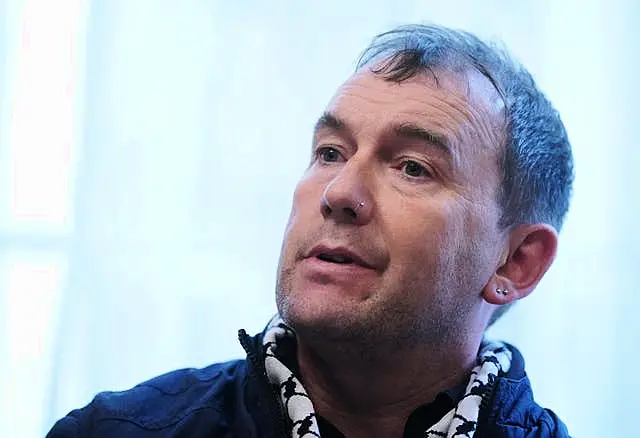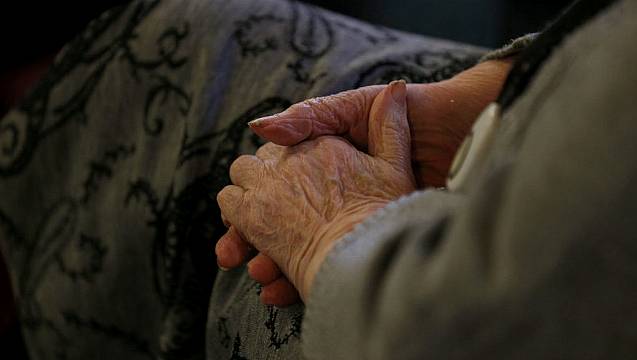The committee on assisted dying has been told that the State should not have an “invisible hand” or influence in the decision of a disabled person to end their life because they have not received adequate support.
The Joint Oireachtas Committee on Assisted Dying was formed to consider and make recommendations for legislative and policy change relating to statutory rights to assist a person to end their life and to receive such assistance.
The committee on Tuesday discussed the protection of vulnerable people with disabilities.
John Dolan, CEO of Disability Federation of Ireland, told the committee that the state’s priority should be to focus on providing a “decent bedrock” of life-enhancing services for people with disabilities.
“I am asking you to consider how people with disabilities might think and feel about what is being proposed here in the light of their daily experiences and to factor that into your report and recommendations,” he added.
“This is about relating the trajectory and experience of someone’s living within the context of any proposals that you make.
“It is also important that the State does not unduly have an “invisible” hand, or influence, in the decision of someone to end their life because it has not supported disabled people to have a life of independence equal to everyone else.”
He told the committee there is a “mountain to climb” in addressing the “huge deficits” that has been addressed in the Department of Social Protection Green Paper on disability reform.
“Now is the time to focus on this country getting a decent bedrock of life-enhancing services for people. That is the priority,” he added.
Peter Kearns, from the Independent Living Movement Ireland, said people with disabilities should be given the “confidence and choice to live a life” and that assisted suicide should not be their first option.
He said that people with disabilities, including those with Parkinson’s disease, should be shown that the impairment “does not mean life is over”.
People Before Profit TD Gino Kenny, who introduced the Dying with Dignity Bill in 2020, said there are a variety of opinions on the divisive issue.
He told the committee that in other jurisdictions where assisted dying legislation has been introduced has excluded the grounds of disability as a means to access the services.

Mr Kenny said that it would only include someone who is in the “last throes of life”, those who have months or weeks to live.
Green Party TD Patrick Costello queried whether “clear objective” legislation that would include only those with terminal illnesses would allay their concerns.
However, Mr Dolan said that any attempt to provide a medical definition of terminal illness would be “very problematic”.
While the Criminal Law (Suicide) Act of 1993 decriminalised suicide itself, the offence of assisting suicide was retained and put on a statutory footing.
It is currently an offence for a person to aid, abet, counsel or procure the suicide or an attempted suicide of another person.







